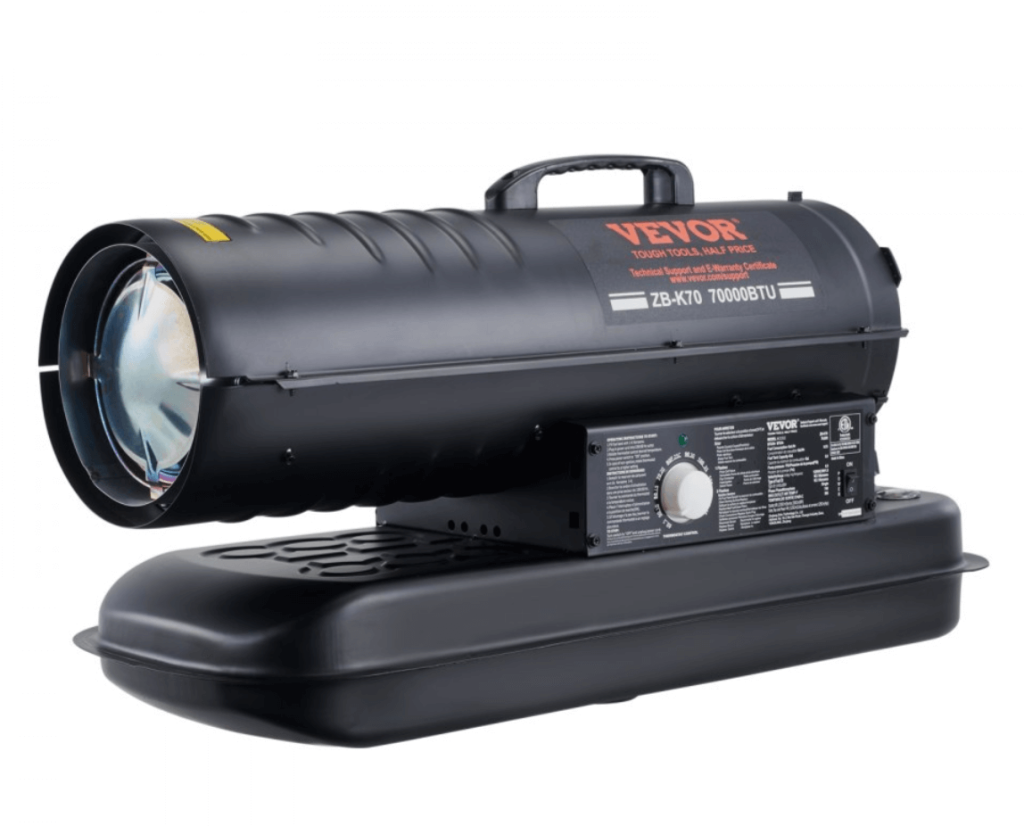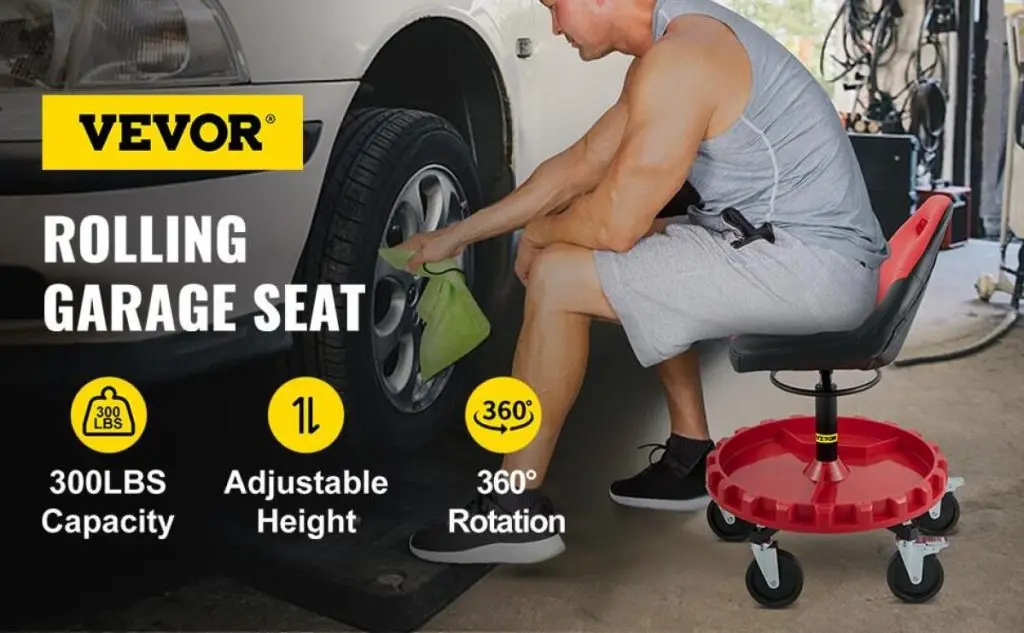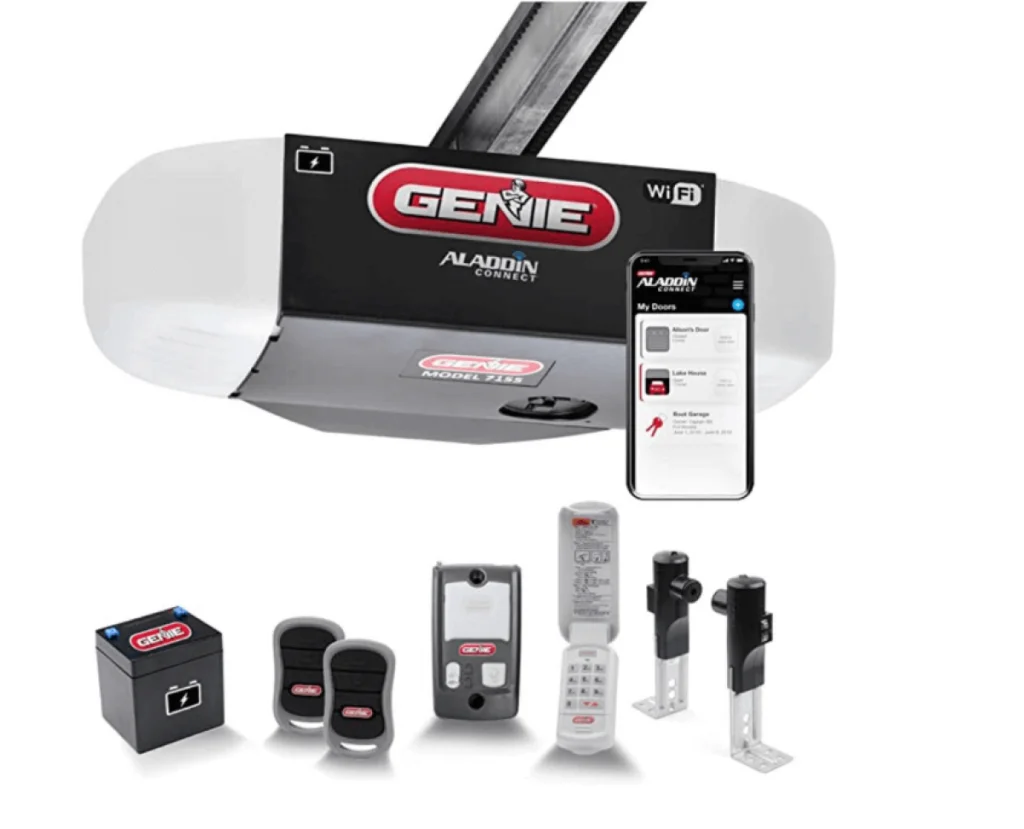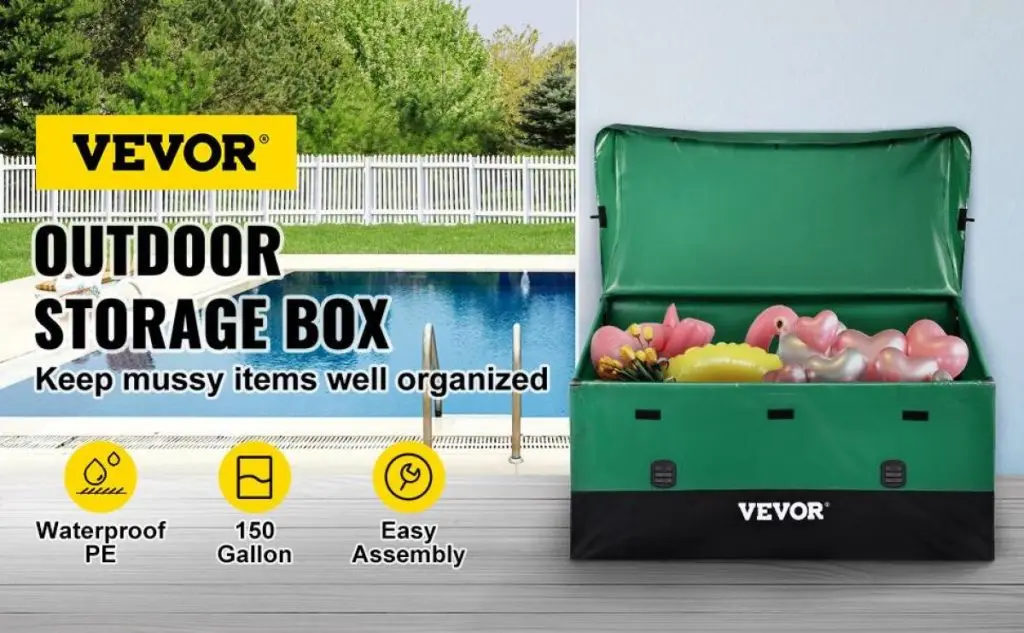Selecting the right heater can make all the difference when it comes to staying warm, whether indoors or outdoors. Among the most popular choices are kerosene and diesel heaters. Each has unique features, benefits, and drawbacks, making the selection process challenging.
Therefore, in this article, we will explore the differences between diesel heater vs kerosene heater, discuss their features, and identify suitable use of each. No matter whether it will be a heater for your house, workshop or for the next hiking tour, this article gives you useful information.
Table of contents
What is a Kerosene Heater?
How Kerosene Heaters Work
Kerosene heaters work in the same way that they burn kerosene to generate heat. It is towards a wick from which the fuel is drawn, where the fuel is vaporised and burnt in a combustion chamber. This creates either radiant or convective heat depending on the heater in use, according to the research done.
Two main types of kerosene heaters are available:
- Convective Heaters: These heaters can be used to provide heat for a large area since they can provide heat in all the surrounding directions.
- Radiant Heaters: These focus heat on given areas, which makes them ideal for use only when a warm sensation is required in a particular area.
Kerosene heaters are generally portable, and some of them come with the following safety measures: an off switch.
Key Features of Kerosene Heaters
- Portability: Kerosene heaters come in a small and portable package so they are perfect for temporary space heating.
- Heating Efficiency: Typically, kerosene heaters produce relatively high energy in powering spaces since the heaters warm the areas within a short time.
- Fuel Tank Capacity: They often come with sizable tanks, providing extended heating durations.
Common Applications
Kerosene heaters excel in:
- Homes: Effective backup heating during power outages.
- Outdoor Activities: Camping or patio heating.
- Emergency Use: Providing heat during extreme weather conditions.
Recommended For Your Project
What is a Diesel Heater?
How Diesel Heaters Operate
Diesel heaters burn diesel to produce heat through combusting it Electric heaters on the other hand use electricity to produce heat. When air is supplied into the heater and it mixes with the fuel, it burns. This generates hot air that is then circulated around the building, convectors being most appropriate to the environment.
Modern diesel heaters, like the VEVOR Diesel Air Heater, feature advanced technology such as automatic altitude compensation and Bluetooth control for seamless operation.
Key Features of Diesel Heaters
- Durability: Diesel heaters are built with robust materials for long-term use.
- High Heating Output: Designed to handle larger spaces or harsher conditions.
- Adaptability: Suitable for a range of environments, from vehicles to industrial spaces.
Common Applications
Diesel heaters are commonly used in:
- Vehicles and RVs: Ideal for road trips and camping.
- Workshops and Industrial Settings: Efficiently heat large spaces.
- Boats and Cabins: Reliable warmth in remote locations.
Recommended For Your Project
Kerosene Heater vs Diesel Heater: Key Differences
Heating Efficiency and Fuel Performance
As the heaters produce heat at high rates, kerosene heaters are perfect for uses where high temperatures are required instantly. They are also able to raise the temperature of a room and or space rapidly hence they are ideal for purposes of increasing heat just enough for outdoor activities or as stopgap measures.
However, there is a disadvantage, where while they are quick to heat, they are not very efficient when in use for an extended length of time.
Diesel heaters however are designed to continually heat up and are generally more efficient over the longer stretch. They are quite suitable for maintaining uniform heat for long times and good for large or enclosed areas. Diesel heaters, like the VEVOR Diesel Air Heater, have high-efficiency fuel pumps that significantly reduce fuel consumption, often as low as 0.16 L/h, which means fewer refuels and better overall cost efficiency.
BTU Ratings
In terms of heating large spaces, diesel heaters are normally preferable. The heaters often have higher BTU (British thermal unit) than kerosene heaters, thus they are better suited to heat large rooms or other large spaces with ease. Gas heaters in turn can yield constant high productivity for instance in areas where heat is needed for long periods of time.
Fuel Efficiency and Cost
Transport heaters are commonly rated to provide a longer runtime on a tank full of fuel in comparison to kerosene heaters. Kerosine is also easily obtained and in most cases cheaper than Diesel and therefore makes a more economical prospect in the long run for those requiring frequent or continued heating. For instance, the VEVOR Diesel Heater uses a precision fuel pump that increases the efficiency of fuel utilization hence cutting the running cost in the long run, and is suitable for home and business use
Fuel Availability and Cost
The availability of fuel is the other factor to consider when deciding between two types of heaters. Diesel can be obtained from urban and rural centers compared to compressed natural gas which as seen is limited to urban centers only.
Kerosene, however, can be harder to find in urban regions and may require more effort to purchase in large quantities. Diesel’s accessibility and lower cost per liter make it the more economical choice for long-term heating.
Environmental Impact and Safety Concerns
Kerosene and diesel heaters work by emitting gases that alter indoor air quality though the two present different results. Kerosene heaters normally give out more carbon monoxide which necessitates adequate air circulation to prevent a dangerous level of buildup. They also burn out more, where they let out more soot and particulates into the atmosphere.
Modern diesel heaters are produced with high-efficiency combustion systems that reduce emissions into the atmosphere. While they still diffuse some gases, are in general less toxic, and more suitable for indoor use than their predecessors.
Safety-wise, both types of heaters should be handled with care on the flip side they are quite useful. The heaters must be adequately ventilated to prevent the accumulation of carbon monoxide and both mobile and stationary should be regularly checked and serviced for the best performance.
Maintenance and Durability
Heaters that use kerosene need more maintenance than any other part and chiefly the wick and the fuel tankage. The wicks have to be either cleaned or replaced periodically so that they will not collect too much carbon and get in the way of good burning. Fuel tanks should also be cleaned to eliminate contamination risks at some time.
Diesel heaters, by contrast, are generally lower maintenance. They do require occasional inspection of fuel lines and air intake, but models like the VEVOR Diesel Heater are designed for minimal upkeep. The precision components in diesel heaters are often more durable and require less attention compared to kerosene heaters.
Noise and Operating Comfort
Noise can be a significant factor in choosing between kerosene and diesel heaters, especially for indoor use. Kerosene heaters tend to be noisier due to the fuel combustion process and mechanical operation. Diesel heaters, however, are typically quieter and more refined. The VEVOR Diesel Heater operates with low noise, which is best for use in environments where peace and quiet are important, such as sleeping areas or small living spaces. This makes diesel heaters a better choice for anyone who values a quieter, more comfortable heating experience.
How to Choose Between a Kerosene vs Diesel Heater

Factors to Consider
When choosing between kerosene vs diesel for heating, it’s important to evaluate several factors based on your specific needs:
Indoor vs. Outdoor Use
Diesel heaters are considered to be more appropriate for indoor use, at least with regard to certain and rather restricted areas such as RVs, boats or cabins as they are created for producing heat in a relatively safe and controlled manner.
On the opposite side of the spectrum, kerosene heaters are effective in places that are not fully closed, for instance, garages or construction areas where there is no question of air circulation.
Portability
If the portability of the heater is essential, then kerosene heaters are even more portable most of the time due to compactness and lightweight. They can also be easily moved for use mostly in outdoor activities such as camping or even for use in a workshop.
You can check out VEVOR’s Kerosene Forced Air Heater for optimal performance.

Efficiency and Cost
While diesel heaters are expensive initially they are cheaper in the long run and have a longer lifespan than gasoline heaters. Diesel engines consume less fuel than kerosene, thus fewer refueling and overall operational costs making them suitable for extended or intensive usage.
Recommendations for Specific Use Cases
- Home Heating: In order to provide uniform and stable heating in dwelling zones a diesel heater such as the VEVOR Diesel Air Heater is ideal. This makes it one of the best electric generators for long-term use as it provides powerful output while using little energy thus suitable for indoor use.
- Workshops: If you need a water boiler to heat a large area, open workspace, or an industrial park, then the VEVOR Kerosene Forced Air Heater will work for you. Due to the higher heat emission and construction features, it can warm up spaces of, for instance, industrial, commercial, or garage types.
- Outdoor Adventures: If you need a safe, dependable heater for use in camping or other outdoor activities, kerosene heaters fit the bill. Light and easy to carry, and suitable for the performance of outdoor programs and events especially during cold adventurous activities.
FAQs About Kerosene vs Diesel Heaters
Can You Use Diesel Fuel in a Kerosene Heater?
While some kerosene heaters can burn diesel, it’s not a recommended practice. Diesel has a higher viscosity and contains additives that can clog the wick, leading to poor performance and increased soot production. This reduces heating efficiency and increases maintenance needs. Always use the correct fuel type for your heater to ensure optimal performance and safety.
Are Kerosene Heaters Safe to Use Indoors?
Kerosene heaters can be safe for indoor use if proper precautions are taken. Adequate ventilation is essential to prevent the buildup of harmful emissions like carbon monoxide. Always follow the manufacturer’s safety instructions, use 1-K grade kerosene, and keep a carbon monoxide detector in the room for added protection against potential risks.
Which Heater is More Economical Over Time?
Diesel heaters are generally more economical due to their superior fuel efficiency and durability. They consume less fuel while producing consistent heat, making them ideal for frequent or prolonged use. Additionally, diesel fuel is often less expensive and more widely available, contributing to lower long-term operating costs compared to kerosene heaters.
How Does Diesel Heater Noise Compare to Kerosene Heaters?
Diesel heaters, such as the VEVOR Diesel Heater, are designed for low-noise operation, making them more comfortable for use in indoor settings or vehicles. In contrast, kerosene heaters can produce a noticeable hum or crackling noise during operation. Diesel heaters’ quieter performance enhances user comfort, especially in small or enclosed spaces.
Conclusion
Both kerosene and diesel heaters have unique benefits, and your choice should align with your specific needs. Kerosene heaters are excellent for portability and quick heating, while diesel heaters offer long-term efficiency and durability.
For a reliable and efficient heating solution, the VEVOR Diesel Air Heater and VEVOR Kerosene Forced Heater stand out. With advanced features like Bluetooth control, automatic altitude compensation, and low fuel consumption, it’s a perfect choice for various applications.
Stay warm and efficient—explore VEVOR’s range of heaters today!





